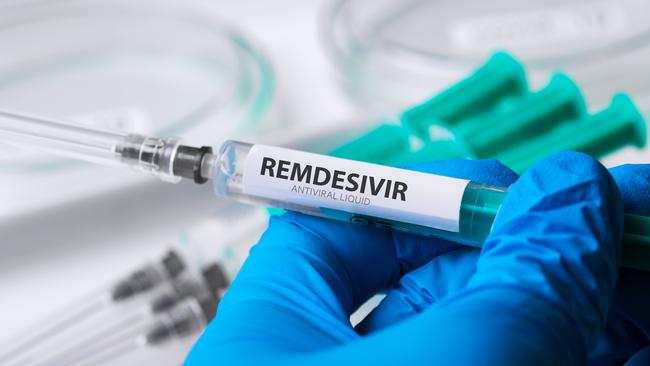Biotech startup Pyramid Biosciences raises $28M in funding for the advancement of its TRK modulator clinical programs in oncology and dermatology

Pyramid Biosciences, a Boston-based biotech startup developing new precision therapies focused on the modulation of cell surface receptors, today announced it has raised $28 million in funding to accelerate the growth of Pyramid Biosciences’ programs focused on novel tropomyosin receptor kinase (TRK) modulators in oncology and dermatology disorders. The round was backed by Adage Capital Management, Averill Master Fund, Ltd., J.W. Childs Associates L.P. as well as several other investors.
Founded in 2015 by Jordan Leef and Kollol Pal, Pyramid Biosciences is focused on discovering and developing targeted therapeutics for a wide range of disorders that are regulated by the tropomyosin receptor kinase (TRK) family. By precisely and selectively modulating the actions of these fundamental cell surface receptors, we can control the key signaling pathways responsible for a patient’s disease, condition, or symptoms.
“We are extremely pleased to have the support of these established investor groups, helping us progress both our scientific development programs and our business strategy,” said Pyramid Biosciences’ Co-Founders, Jordan Leef and Kollol Pal, PhD. “We could not be more proud of what we have accomplished nor more excited about the future for our TRK programs.”
Pyramid Biosciences’ oncology candidate, PBI-200, is a best-in-class, orally-active TRK inhibitor. Moreover, PBI-200 is a highly brain-penetrant agent which overcomes the acquired clinical resistance mutations that are observed with current TRK inhibitor therapies. Pyramid Biosciences is developing PBI-200 to treat a broad range of genomically-defined solid tumor cancers, including primary and metastatic brain cancers.
PBI-100 is a first-in-class, selective TRK modulator that contains anti-itch, anti-inflammatory, and antiproliferative effects. Pyramid Biosciences is developing PBI-100 for a range of dermatological and inflammatory diseases, including psoriasis and atopic dermatitis.




